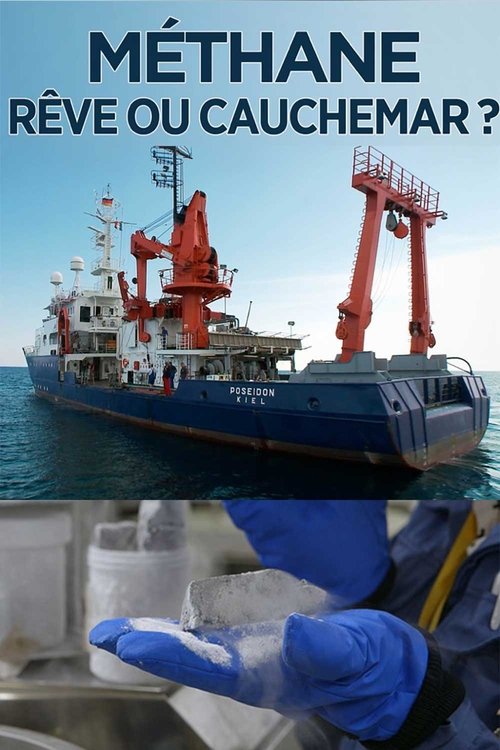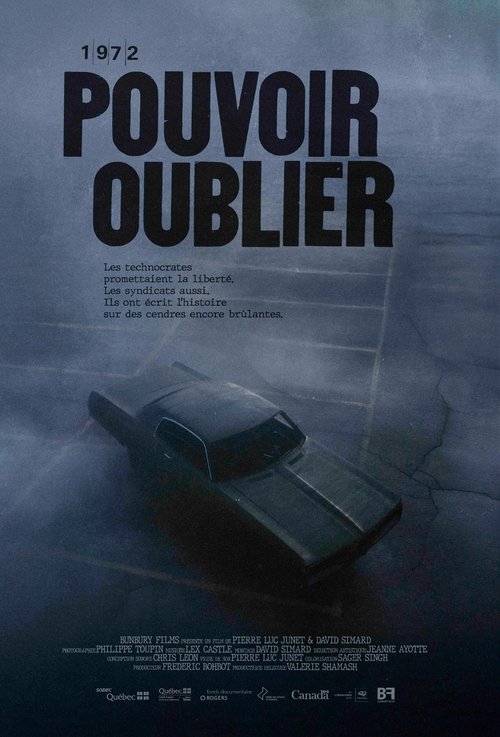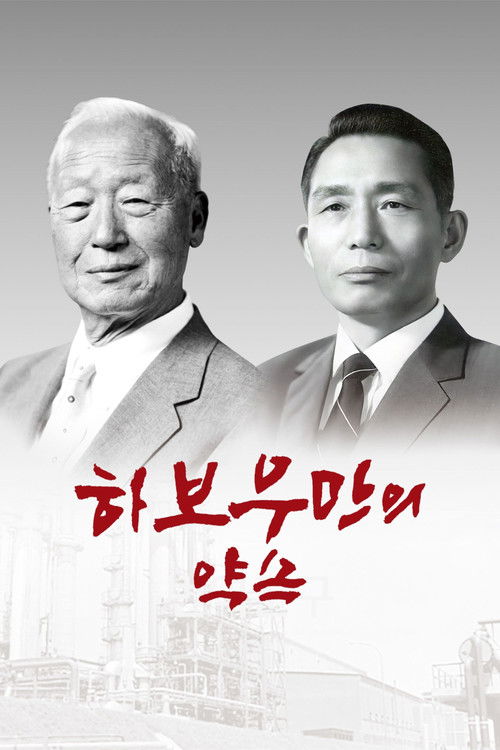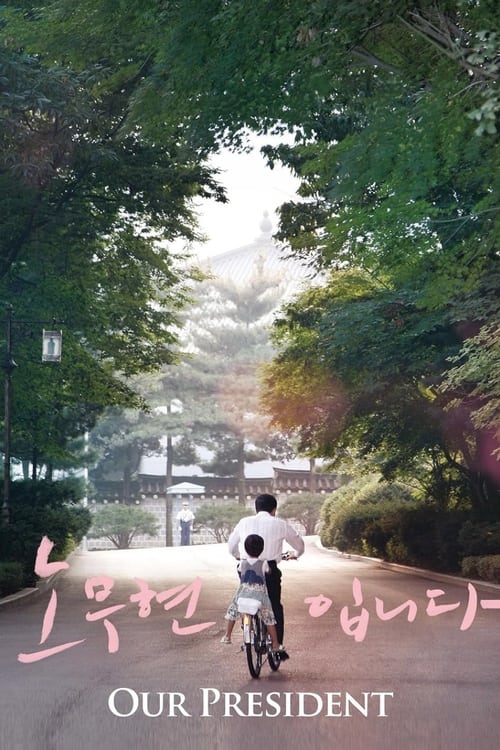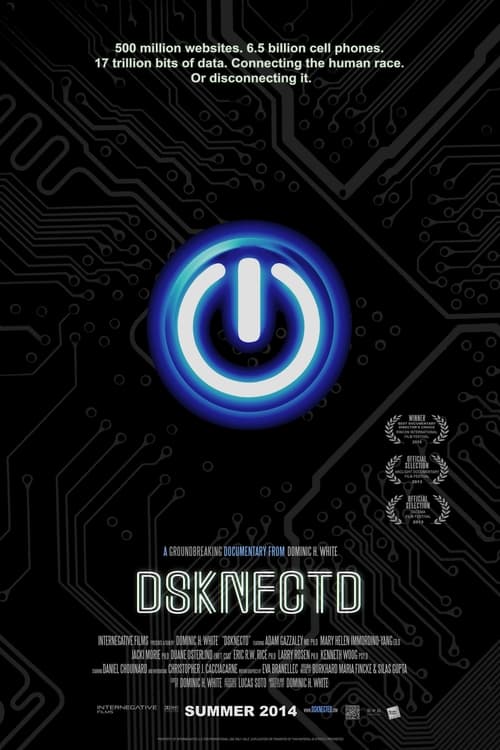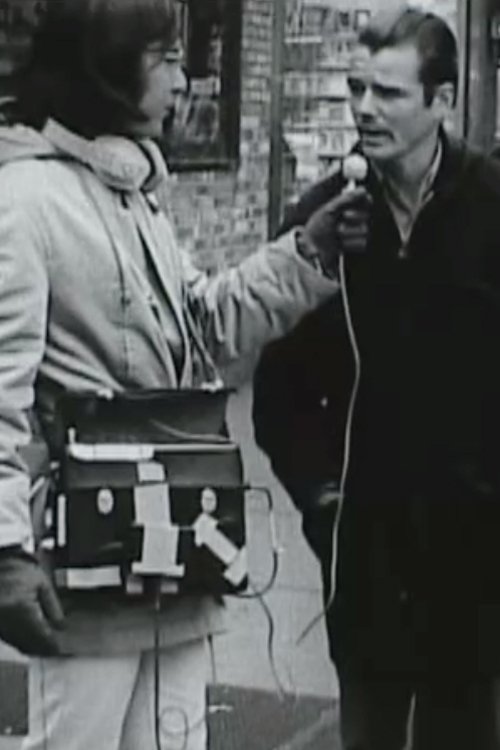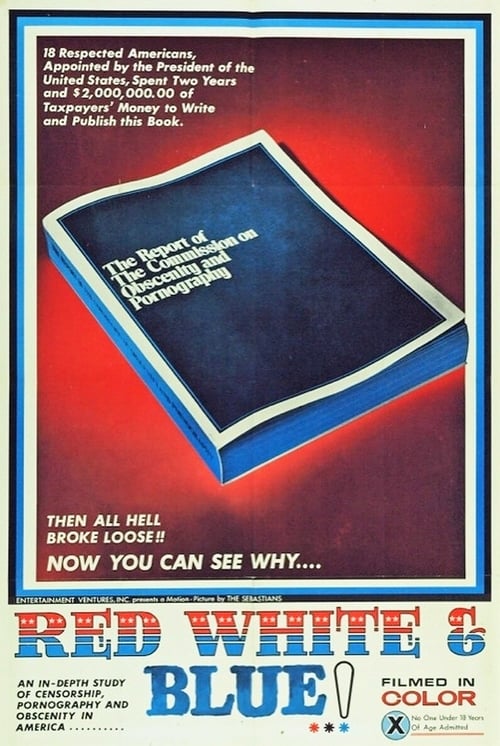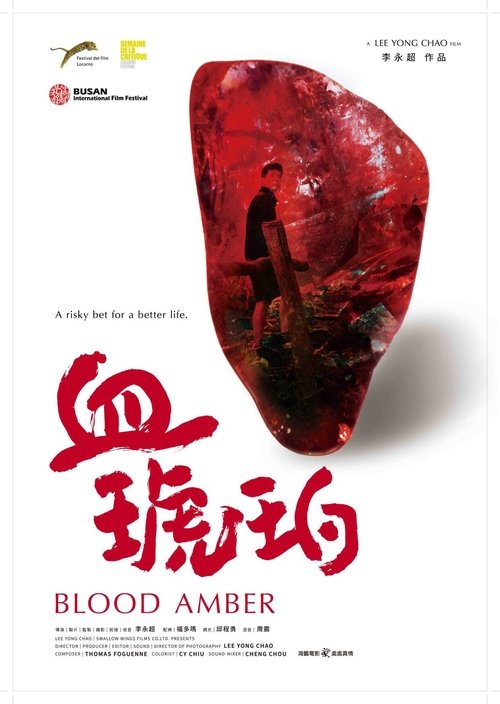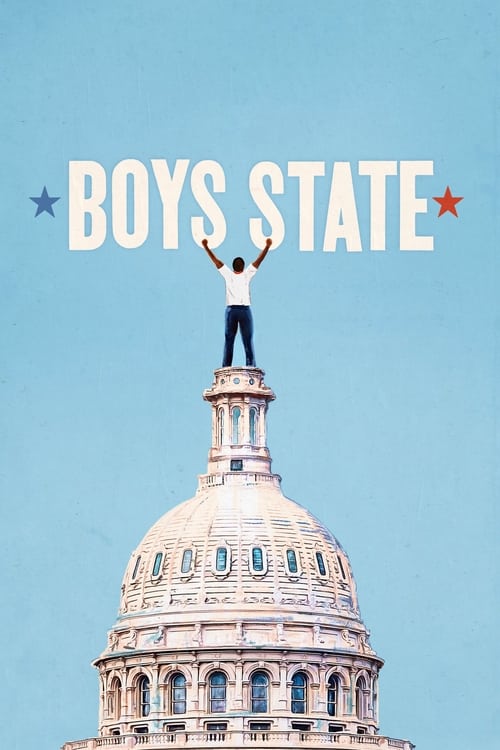The Negotiators – How to Make Peace
“Negotiators, how to make peace” is a documentary that takes a penetrating look at the identity and evolution of people who seek solutions to armed conflicts in places such as Colombia, Mexico, South Sudan and the Balkans.


